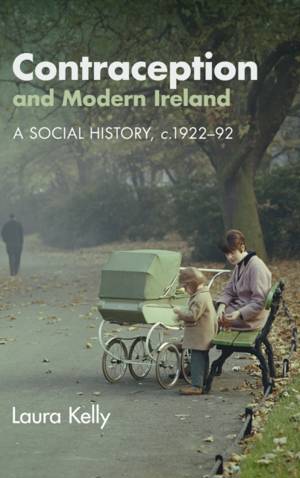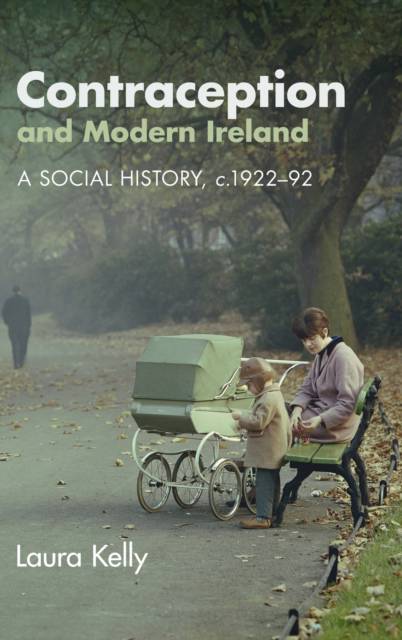
Bedankt voor het vertrouwen het afgelopen jaar! Om jou te bedanken bieden we GRATIS verzending (in België) aan op alles gedurende de hele maand januari.
- Afhalen na 1 uur in een winkel met voorraad
- In januari gratis thuislevering in België
- Ruim aanbod met 7 miljoen producten
Bedankt voor het vertrouwen het afgelopen jaar! Om jou te bedanken bieden we GRATIS verzending (in België) aan op alles gedurende de hele maand januari.
- Afhalen na 1 uur in een winkel met voorraad
- In januari gratis thuislevering in België
- Ruim aanbod met 7 miljoen producten
Zoeken
€ 136,95
+ 273 punten
Uitvoering
Omschrijving
Contraception was the subject of intense controversy in twentieth-century Ireland. Banned in 1935 and stigmatised by the Catholic Church, it was the focus of some of the most polarised debates before and after its legalisation in 1979. This is the first comprehensive, dedicated history of contraception in Ireland from the establishment of the Irish Free State in 1922 to the 1990s. Drawing on the experiences of Irish citizens through a wide range of archival sources and oral history, Laura Kelly provides insights into the lived experiences of those negotiating family planning, alongside the memories of activists who campaigned for and against legalisation. She highlights the influence of the Catholic Church's teachings and legal structures on Irish life showing how, for many, sex and contraception were obscured by shame. Yet, in spite of these constraints, many Irish women and men showed resistance in accessing contraceptive methods. This title is also available as Open Access.
Specificaties
Betrokkenen
- Auteur(s):
- Uitgeverij:
Inhoud
- Aantal bladzijden:
- 378
- Taal:
- Engels
Eigenschappen
- Productcode (EAN):
- 9781108839105
- Verschijningsdatum:
- 23/02/2023
- Uitvoering:
- Hardcover
- Formaat:
- Genaaid
- Afmetingen:
- 152 mm x 229 mm
- Gewicht:
- 671 g

Alleen bij Standaard Boekhandel
+ 273 punten op je klantenkaart van Standaard Boekhandel
Beoordelingen
We publiceren alleen reviews die voldoen aan de voorwaarden voor reviews. Bekijk onze voorwaarden voor reviews.









